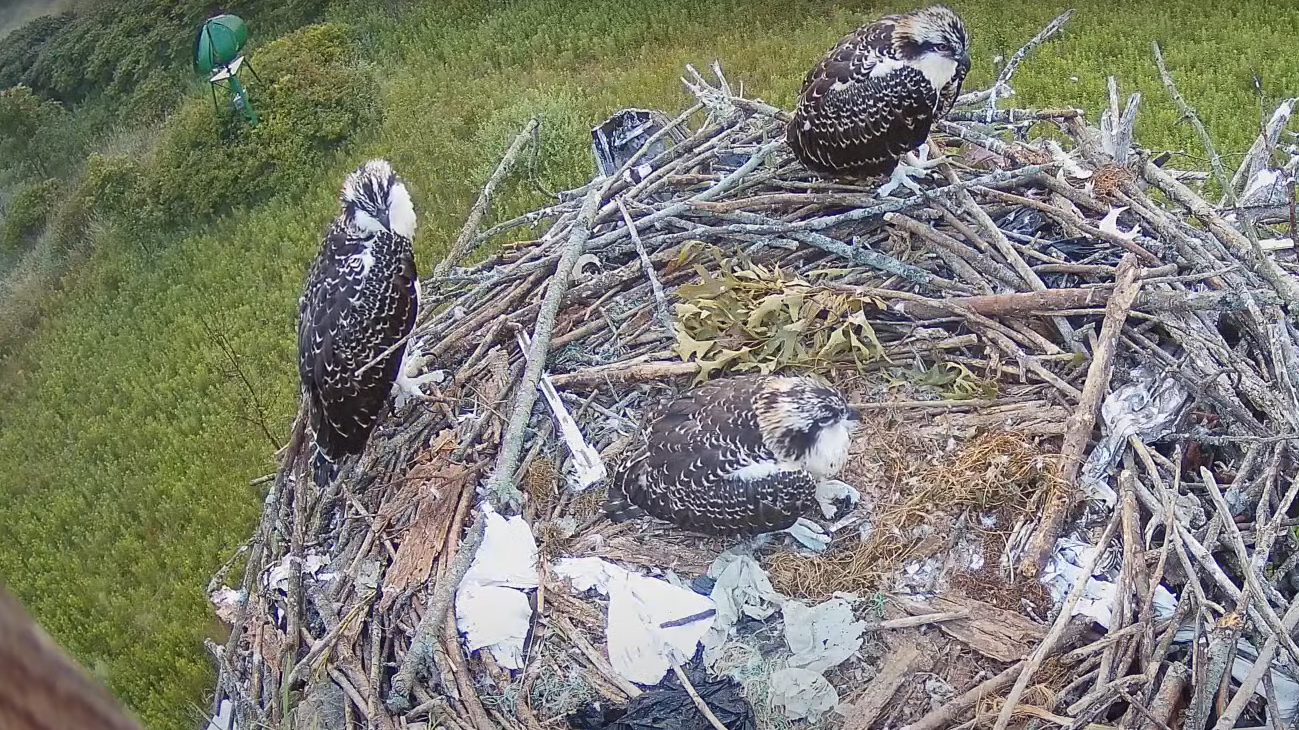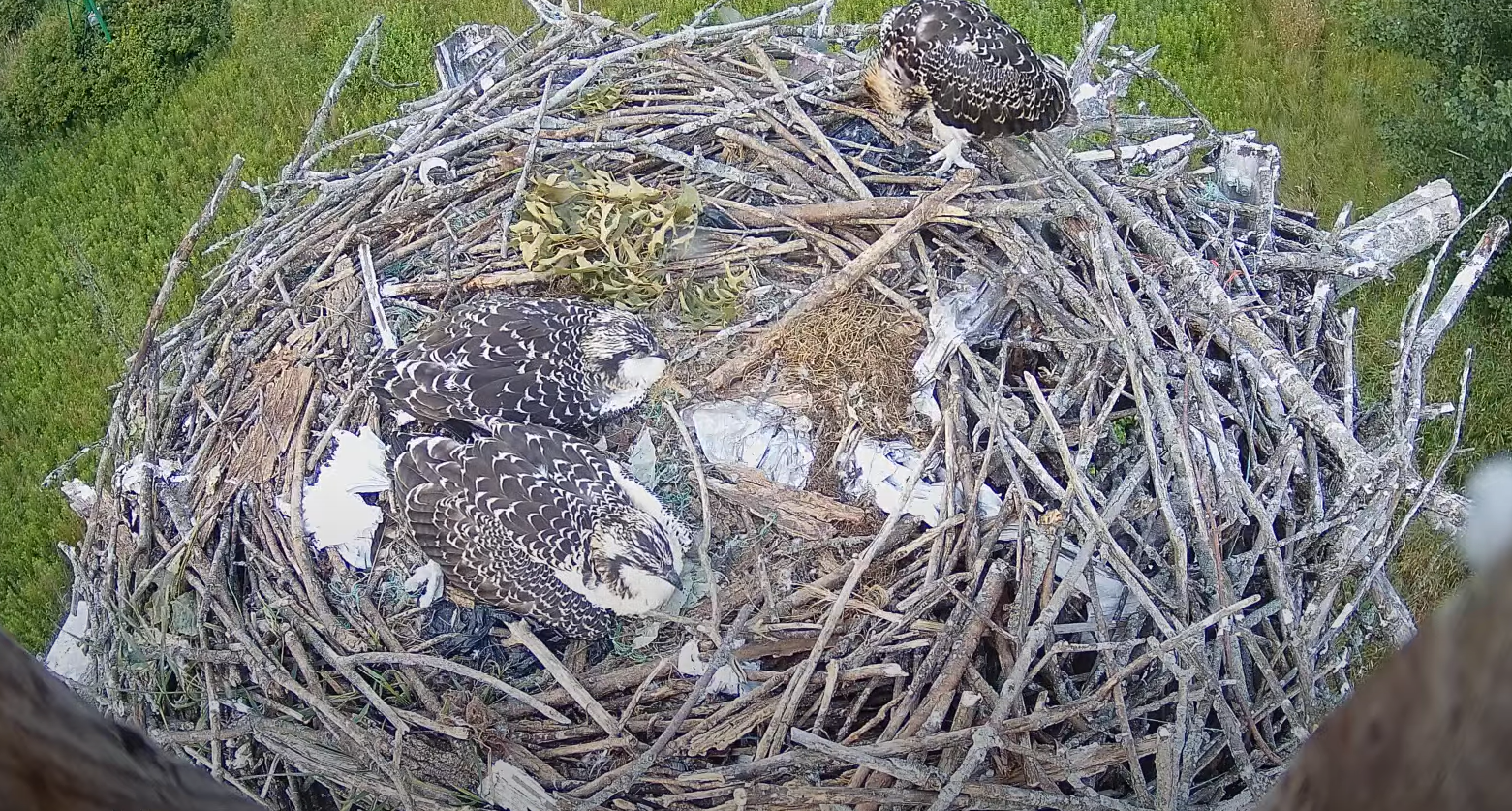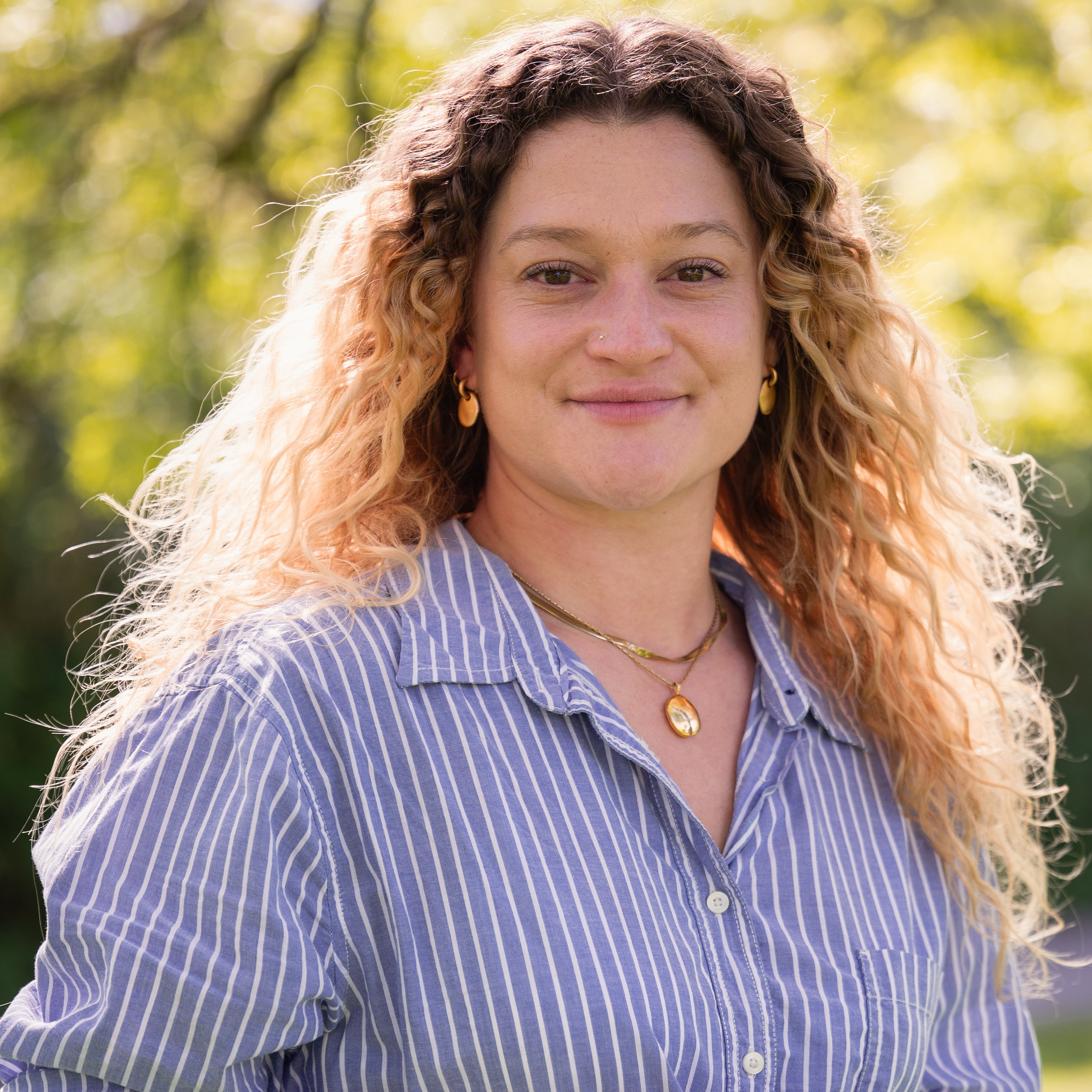Remote camera gives live view in to rare Osprey nest in the Niagara region, Canada
Cameras have been utilized to help preserve the environment of one of the world's most impressive hunters

In the Niagara region of Southern Ontario, Canada, a camera sits atop a 60ft high platform, offering live–streaming footage of a family of nesting ospreys.
The camera was set up by the Niagara Bee Group earlier this spring, after they noticed a pair of the rare birds were spotted making a nest there last year.
Ospreys tend to return to the same nest site year after year, and nests have been found that measure six feet across, and ten feet deep as they continue to return.
The Niagara Bee Group is an ecosystem restoration organization, with a mission to support and regenerate biodiversity in the Niagara region, part of which is to provide artificial nesting areas to help restore populations of birds of prey to the area.
Once a location with large populations of bald eagles, vultures, ospreys, owls, falcons, and hawks, many have been killed or left the area due to loss of habitat, urbanization, and the release of toxic chemicals.
Also known as fish eagles, or sea hawks, these huge birds of prey inhabit coastal areas and freshwater habitats around the world. Masters at fishing, they are an essential part of maintaining the health of their environments, regulating fish populations, and balancing marine and freshwater ecosystems.

“Their presence indicates the health of our waterways, as they rely on clean, unpolluted habitats for their survival,” say the Niagara Bee Group, “By live-streaming this osprey nest, we hope to raise awareness about these remarkable birds and the importance of preserving their habitats. Join us as we observe the daily lives of these majestic creatures, marvel at their hunting prowess, and learn more about their significance in our natural world.”
Get the Digital Camera World Newsletter
The best camera deals, reviews, product advice, and unmissable photography news, direct to your inbox!
Technology including drones, and remote cameras (also known as camera traps), have all become important tools in global wildlife conservation.
The first attempts to get remote cameras to work successfully were in 1877, and in 1906, photos from a remote camera were shown to the world when George Shiras published photographs of free-living wildlife in National Geographic.
A recent study found that the world needs more trail cameras, and that they were sorely missed in the areas around the world that need them most.
The Zoological Society of London’s (ZSL) Conservation Technology Unit has been using funding from the Google Impact Award to build the world’s first satellite-enabled remote camera for preventing poaching as well as monitoring.
Ordinarily, when remote cameras are deployed in the most distant and hard-to-access places, scientists and conservationists must wait months to retrieve their images and sensor data. It takes more time to then process the data, if the cameras have not been destroyed or damaged in the process.
The Instant Detect 2.0 has been created to release its images in real-time. Designed by conservationists, for conservationists, its system consists of multiple battery-powered cameras and sensors that transmit it to the cloud in near real-time using satellite connectivity.
“When a Camera captures an image or a Sensor Endpoint receives data, it sends the information to the Base Station using Long Range (LoRa) radio. The Base Station then transmits the images and data to the cloud using Iridium satellite connectivity. An intuitive internet-based platform called Instant Detect Cloud enables (near) real-time viewing of the images and data, as well as easy management and analysis. Data is secure and only the owners of a system have access to the data and images collected.”
This new technology will enable conservationists, scientists, and rangers to understand and protect wildlife in never before ways, from the darkest corners of the most inaccessible jungles, to the uninhabitable deserts.
Check out our guides to the best trail cameras and the best cameras for wildlife photography.

After graduating from Cardiff University with an Master's Degree in Journalism, Media and Communications Leonie developed a love of photography after taking a year out to travel around the world.
While visiting countries such as Mongolia, Kazakhstan, Bangladesh and Ukraine with her trusty Nikon, Leonie learned how to capture the beauty of these inspiring places, and her photography has accompanied her various freelance travel features.
As well as travel photography Leonie also has a passion for wildlife photography both in the UK and abroad.

